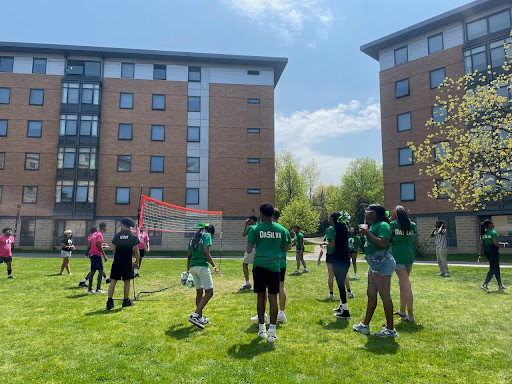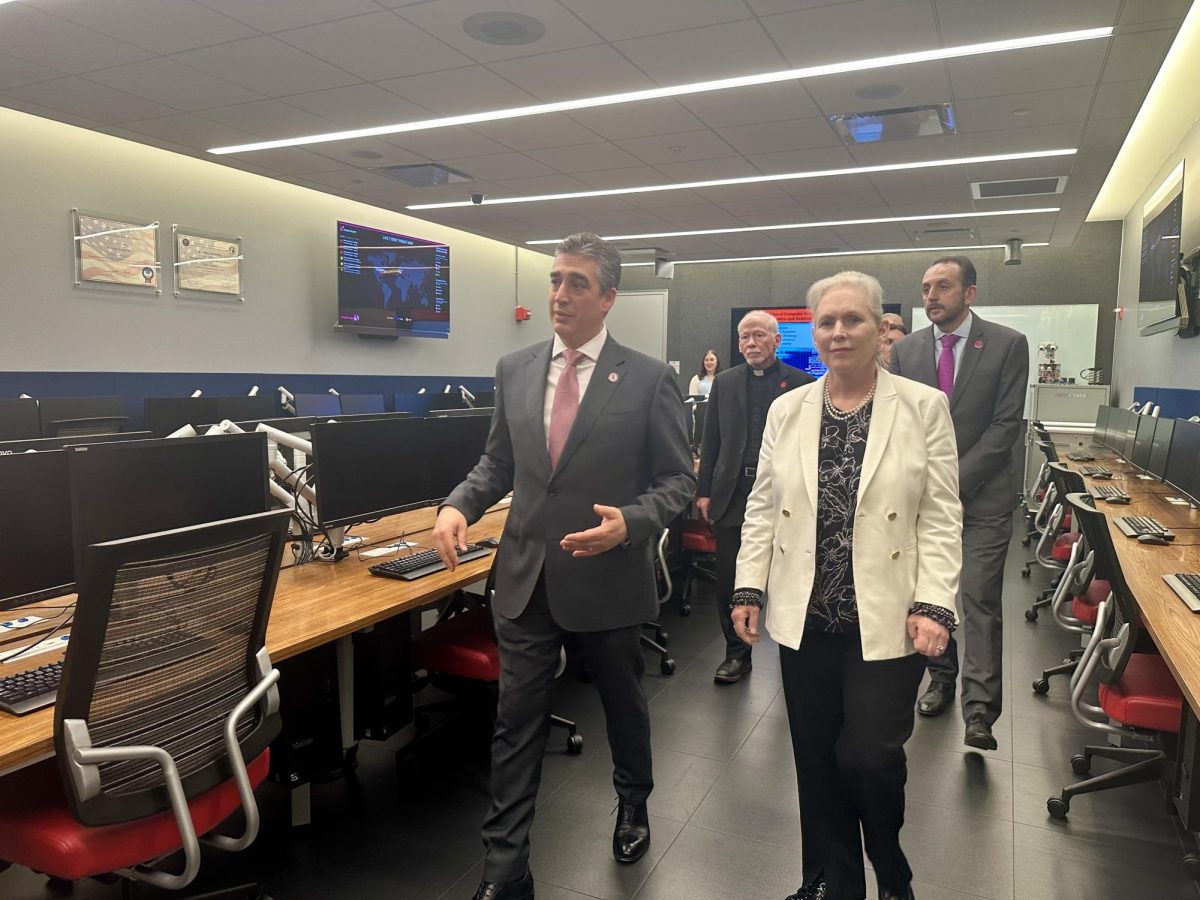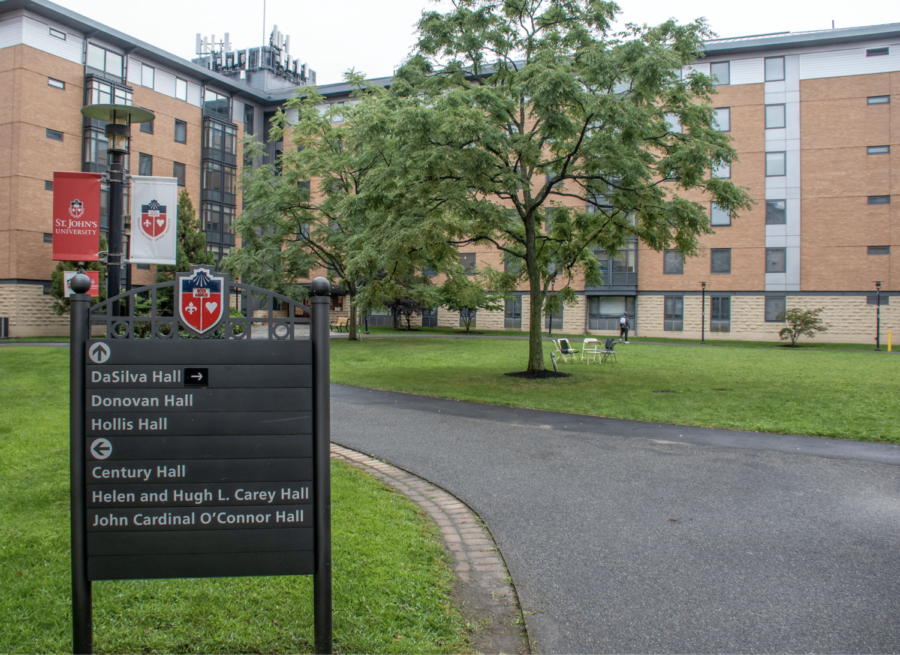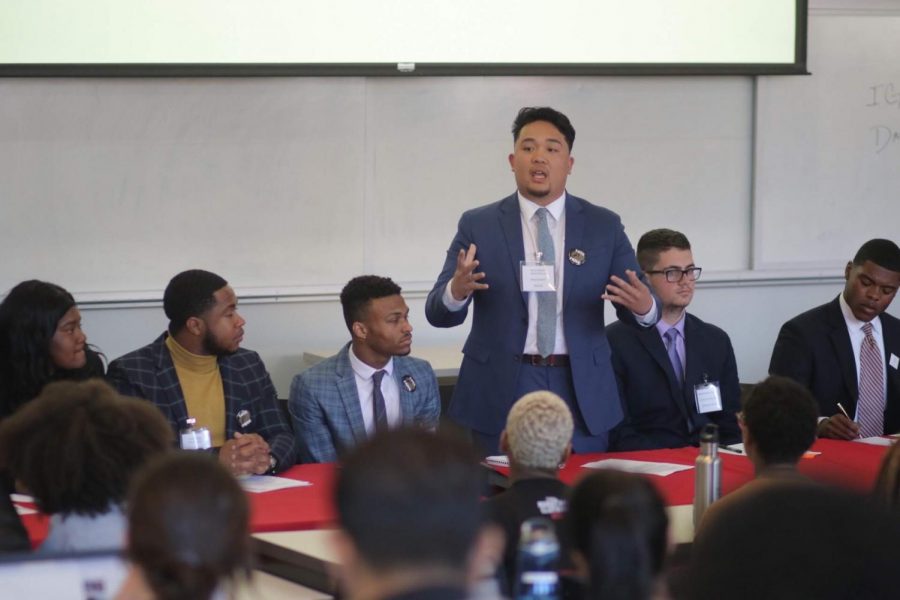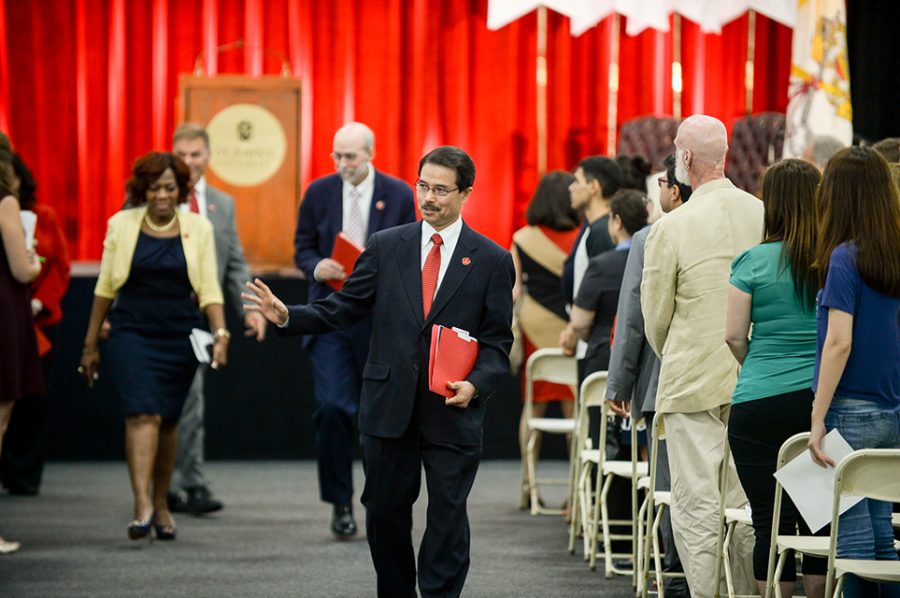The future of digital publishing, and the ethical issues brought along with it, were discussed on Sept. 24 by author Dr. Kathleen Fitzpatrick. Fitzpatrick Planned Obsolescence: Publishing, technology, and the Future of the Academy, to talk about the social & intellectual changes that have been happening in writing and the digital publishing world.
As Dr. Fitzpatrick spoke, she brought up values that are now being questioned by both writers and readers. Since new spaces are appearing online (such as blogs, twitter, etc.), the line between reading and writing has become much more blurry. Values such as authorship, credibility, creativity, originality, and ownership, are all things authors get anxiety from focusing on. The way we have thought about writing for decades has always been literal, but as more information is being less filtered and more open-ended, the literal outlook is fading. As Dr. Fitzpatrick said, “Openness is the ethos of the web.” She stated that we live in a world now where we give our work away, in hopes that it will be re-used. There is more work being published that is more freely available to readers.
An example Dr. Fitzpatrick gives of such open-endedness is the usage of the word processor. A few years ago, many authors used to have secretaries, etc. to help with the production of any sort of printable material (such as editing, formatting, etc.), but over time this computer application has taken over those jobs. The idea of the word processor has allowed writing to become more spontaneous and free, Fitzpatrick explained.
Another example to justify how open-ended things are becoming is the idea of completion. In the new generation of writing, the idea of a piece of writing being “complete” is fading. People write blogs, relying on links and comments to help improve their piece, so therefore the piece is never really finished. Blogs focus on the development of the author allowing the text to grow over time. Dr. Fitzpatrick throws out the idea that on-going and in-process work might be a good thing, as opposed to the sense of “completion.”
When it comes to facing the truth, Dr. Fitzpatrick states that content providers, who argue against the new ways to work with networks, should start finding ways to cope with them. We should really start to focus on the fact that true digital work is beginning to appear, and that it might change our assumptions on writing entirely, she explained. When regarding what is “true” in a digital network, such as Wikipedia, and who is depicting a piece, Dr. Fitzpatrick stated “It requires a careful reader, a person of responsibility.”
Dr. Fitzpatrick also stated that print texts, such as books, will still be published and are believed to stay as effective as they are now. She used the example of the television when it first came out. It did not push out the radio it just helped enhance its individuality. She stated “Digital forms will allow books to be more full in themselves.”













